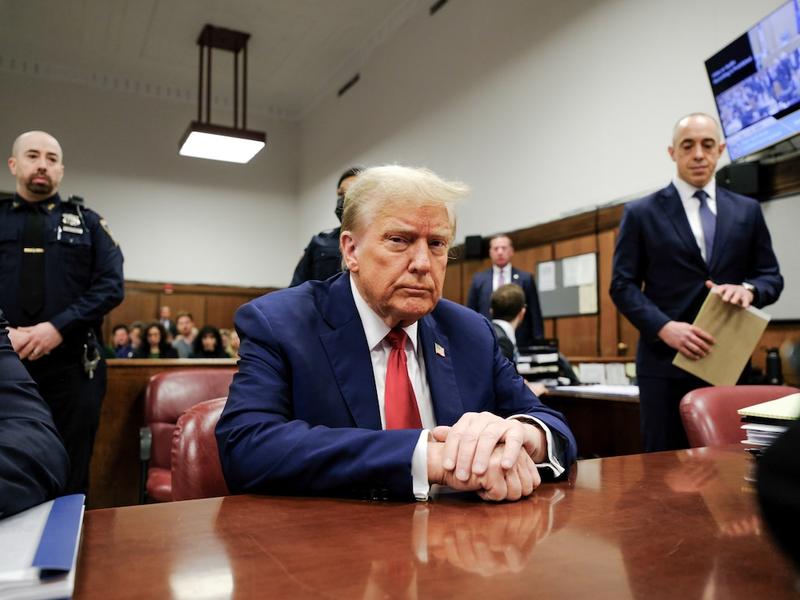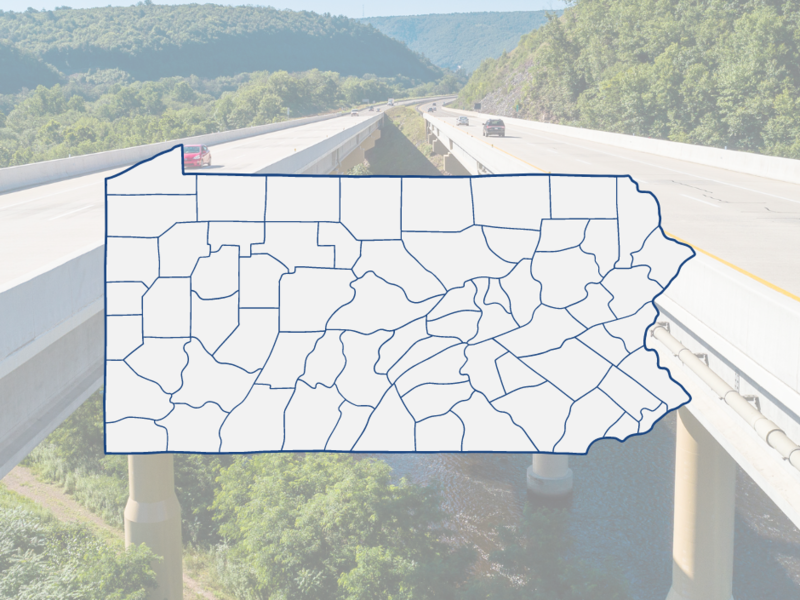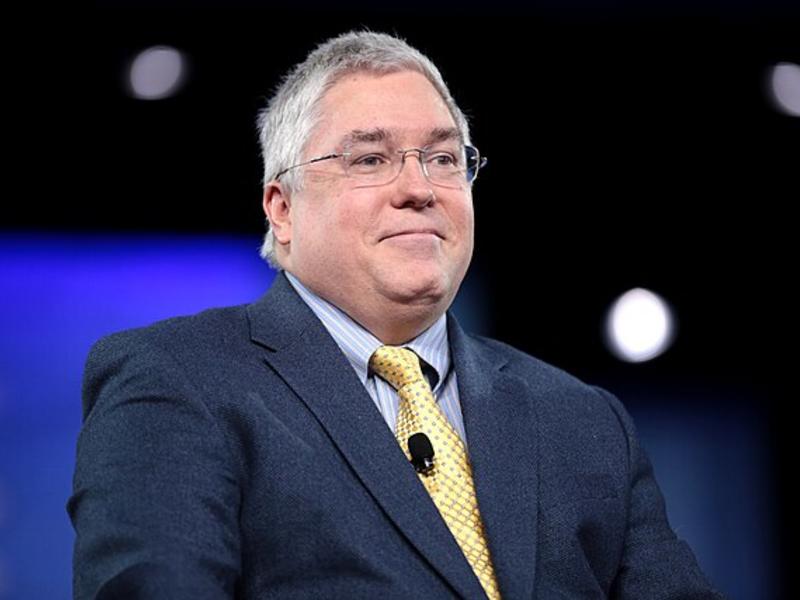
More than a few journalists complained that it took President Biden 64 days before he held his news conference last week. Yet given how many stupid questions were asked, I wonder why he did one at all. Did anyone else roll their eyes when one reporter asked, “Have you decided whether you are going to run for reelection in 2024? You haven’t set up a reelection campaign yet, as your predecessor had by this time”? Another asked, “If you do run, will Vice President [Kamala] Harris be on your ticket?”
Not to be outdone, another reporter asked him to clarify. Biden gave a refreshing response: “Look, I—I don’t know where you guys come from, man. I’ve never been able to travel. I’m a great respecter of fate. I’ve never been able to plan four and half, three-and-a-half years ahead for certain.”
No wonder Biden replied to another query this way: “That’s a serious question, right?” I think it was fair of the president to wonder.
For the record, Biden said yes, he did plan to run again, and he “would fully expect” Harris to accompany him on the ticket again. What the hell else did anyone think he would say this early on?
But that wasn’t the only 2024 “news” happening these days. Reports that former Secretary of State Mike Pompeo visited Iowa and New Hampshire on back-to-back weeks prompted CNN’s Chris Cillizza to write, “No politician—and I mean NO POLITICIAN—accidentally pops into Iowa one week and then does a fundraiser for a New Hampshire candidate the next.” The former congressman’s travel schedule is hardly shocking. Indeed, when last year he passed on a bid for an open Senate seat in his home state of Kansas, it was a pretty good sign that he might be looking for his next work telephone number to be (202) 456-1212.
But the reports did trigger a round of stories with other names being bandied about. My own working list of Republican hopefuls has, in addition to Pompeo, eight senators, four governors, one former ambassador to the United Nations and governor, as well as a former vice president and a former president. No doubt the list will grow longer before it gets shorter.
One useful way to look at presidential nomination contests is to start out thinking about “lanes” of candidates, each trying to carve out a niche and elbow aside anyone else in that lane.
Apart from obvious categories like establishment types and mavericks, there are the youthful, fresh-faced, new-look candidates running as well as older pols who have become known commodities. Often there are one or more single-issue candidates. Usually they’re not taken terribly seriously, though some find an issue with traction. Recall how Vermont Gov. Howard Dean used his opposition to the Iraq War to propel himself, albeit briefly, into front-runner status for the Democratic nomination in 2004. Finally, of course, most candidates will be pigeon-holed on the ideological spectrum.
For Republicans in 2024 though, there’s another “lane” of consideration: the Trumpian lane. Leaving aside the question of whether President Trump or a member of his family throws in, several Trump-inspired candidates may try to tap into the same vein of support that the former real estate developer did in 2016. How many GOP candidates will compete to be the Trump standard-bearer, and how many ways will the Trumpist voting bloc be split? Conversely, what about the more establishment, legacy Republican Party? Today it would not look terribly promising for such a candidate, but three years is a long time in politics.
And while it is far too soon to talk about what happens on the Democratic side if Biden does not seek a second term, it should be noted that the last four sitting vice presidents to seek their party’s nomination all won (Richard Nixon in 1960, Hubert Humphrey in 1968, George H.W. Bush in 1988, and Al Gore in 2000).
Of course, only Bush actually won a general election. The other three fell short as they asked voters to give their party 12 straight years in the White House. But a theoretical run by Kamala Harris in 2024 would come after only one term in the No. 2 job.
In other words, of course it isn’t too early to talk about the next presidential election.
This article was originally published in the National Journal on April 2, 2021.










Subscribe Today
Our subscribers have first access to individual race pages for each House, Senate and Governors race, which will include race ratings (each race is rated on a seven-point scale) and a narrative analysis pertaining to that race.